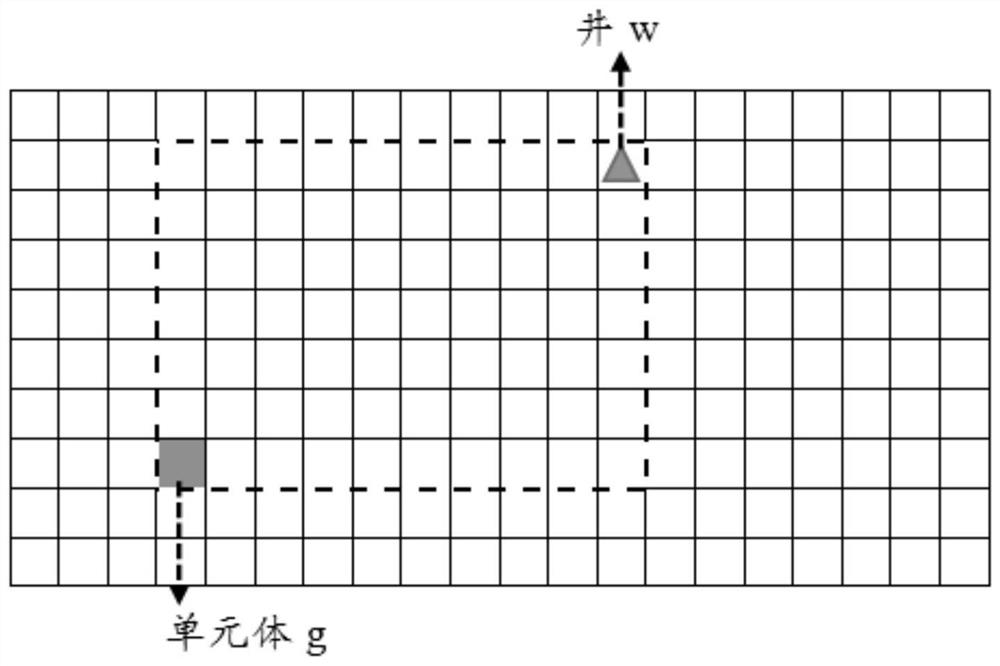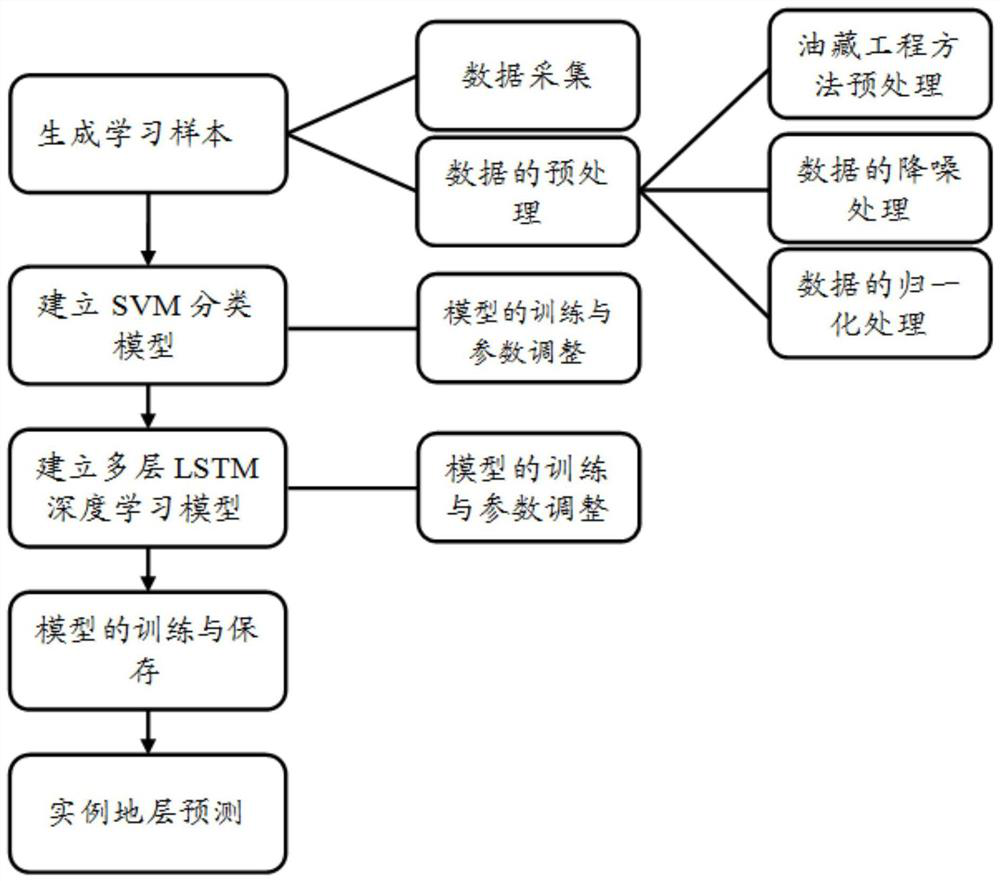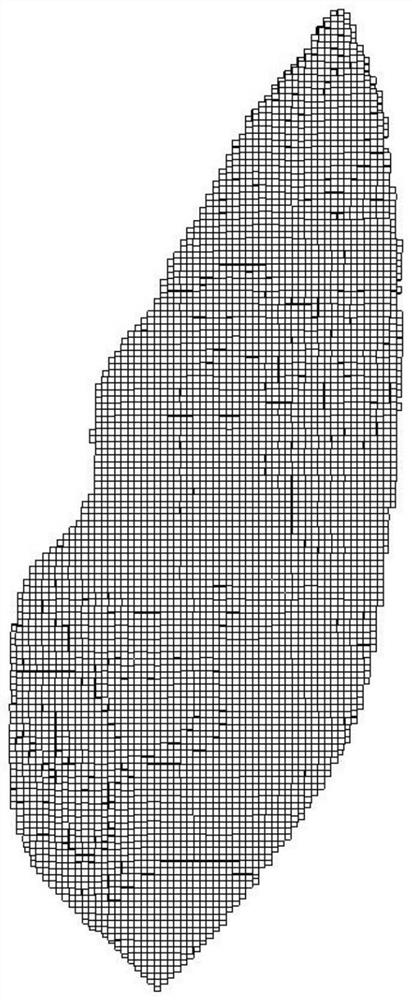A method for predicting remaining oil distribution in waterflood development oilfields based on deep learning
A technology of deep learning and prediction methods, which is applied in neural learning methods, prediction, and fluid mining, etc., and can solve problems such as no application of deep learning methods.
- Summary
- Abstract
- Description
- Claims
- Application Information
AI Technical Summary
Problems solved by technology
Method used
Image
Examples
Embodiment Construction
[0064] The implementation of the present invention will be described in detail below with examples, so as to fully understand and implement the implementation process of how the present invention uses technical means to solve technical problems and achieve technical effects.
[0065] The invention discloses a method for predicting the distribution of remaining oil in water drive development oilfields based on deep learning, such as figure 2 shown, including the following steps:
[0066] S1. Select a small layer in a certain block as an example, and collect its reservoir structure and well location distribution map (see Figure 5 ), well location distribution, development time, injection-production parameters oil-water viscosity, reservoir porosity and permeability, reservoir thickness, relative permeability curve, reservoir oil-bearing area, reservoir boundary conditions, and generate a learning sample library;
[0067] S2. Grid the reservoir, and each unit body corresponds ...
PUM
 Login to View More
Login to View More Abstract
Description
Claims
Application Information
 Login to View More
Login to View More - R&D
- Intellectual Property
- Life Sciences
- Materials
- Tech Scout
- Unparalleled Data Quality
- Higher Quality Content
- 60% Fewer Hallucinations
Browse by: Latest US Patents, China's latest patents, Technical Efficacy Thesaurus, Application Domain, Technology Topic, Popular Technical Reports.
© 2025 PatSnap. All rights reserved.Legal|Privacy policy|Modern Slavery Act Transparency Statement|Sitemap|About US| Contact US: help@patsnap.com



